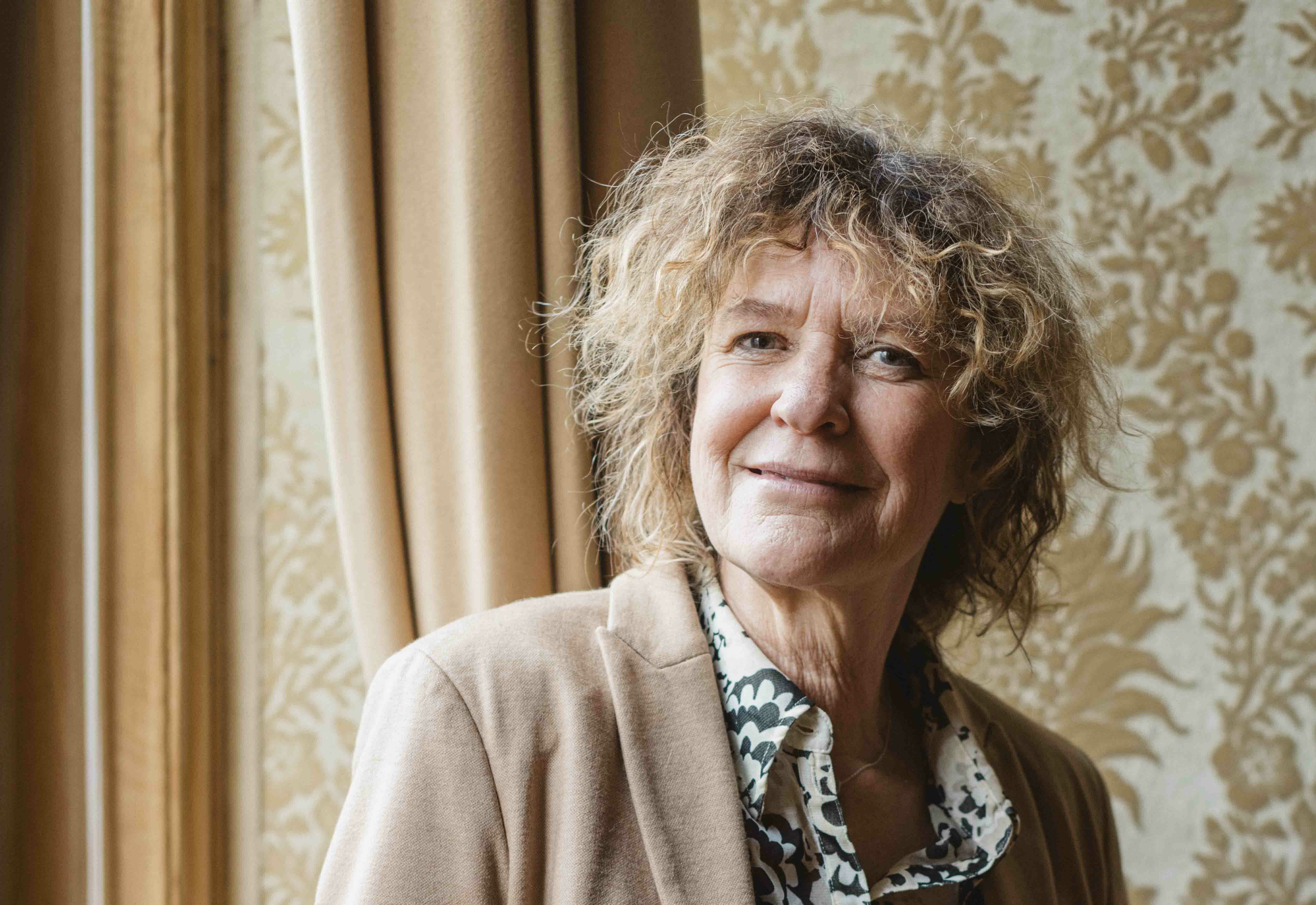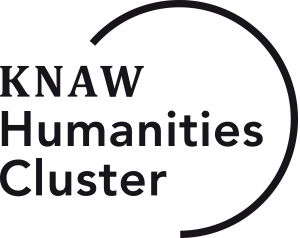
Anthropologist of science Marianne de Laet new director of the Meertens Institute
Anthropologist of science Marianne de Laet has been appointed new director of the Meertens Institute as of 1 June 2024. De Laet is Professor of Anthropology and Science, Technology, and Society at the Harvey Mudd College (United States), where she was also Associate Dean for Academic Affairs until last summer. She is affiliated with the Faculty of Society & Behaviour at the University of Amsterdam as a guest researcher. Her expertise covers the fields of anthropology of technology and culture, science and society. She succeeds Inger Leemans, who is the current interim director of the Meertens Institute.

De Laet’s research focuses on the role of technologies and technical objects as carriers of – and a lens on – human, social, and human-animal relationships. By ‘tracking’ objects in everyday life, we gain a better understanding of how knowledge and practices shape social relations. For instance, water technology is the result of politics, culture and society, but at the same time it serves as a window on such. In her current research, De Laet focuses on the significance of water in Dutch history and culture. In addition, she is interested in how water-related technology is intertwined with everyday life, social and political organisation, as well as identity.
In the United States, as a science and technology researcher, De Laet was involved in the social development of natural scientists and engineers. By having students view their work through an anthropological lens, it becomes clear that their choices and methods are embedded in a particular context, which challenges the common notion of scientific neutrality. An interest in the role of the body in the formation of knowledge, as well as an awareness of history as an integral part of existence, constitute the methodological core of De Laet’s work.
De Laet brings this interest in technical developments and scientific practices with her to the Meertens Institute. The wide-ranging work of the Institute’s researchers strongly appeals to her. She sees a connection with the work of research group NL-Lab, for example, but also expects to be able to provide direction for a line of research related to science, technology, climate and society. De Laet: ‘I look forward to establishing connections, supporting colleagues and strengthening cooperation within the KNAW Humanities Cluster. Having worked for many years as a social scientist in a natural science environment, the institute feels like a pleasant and self-evident home.’








